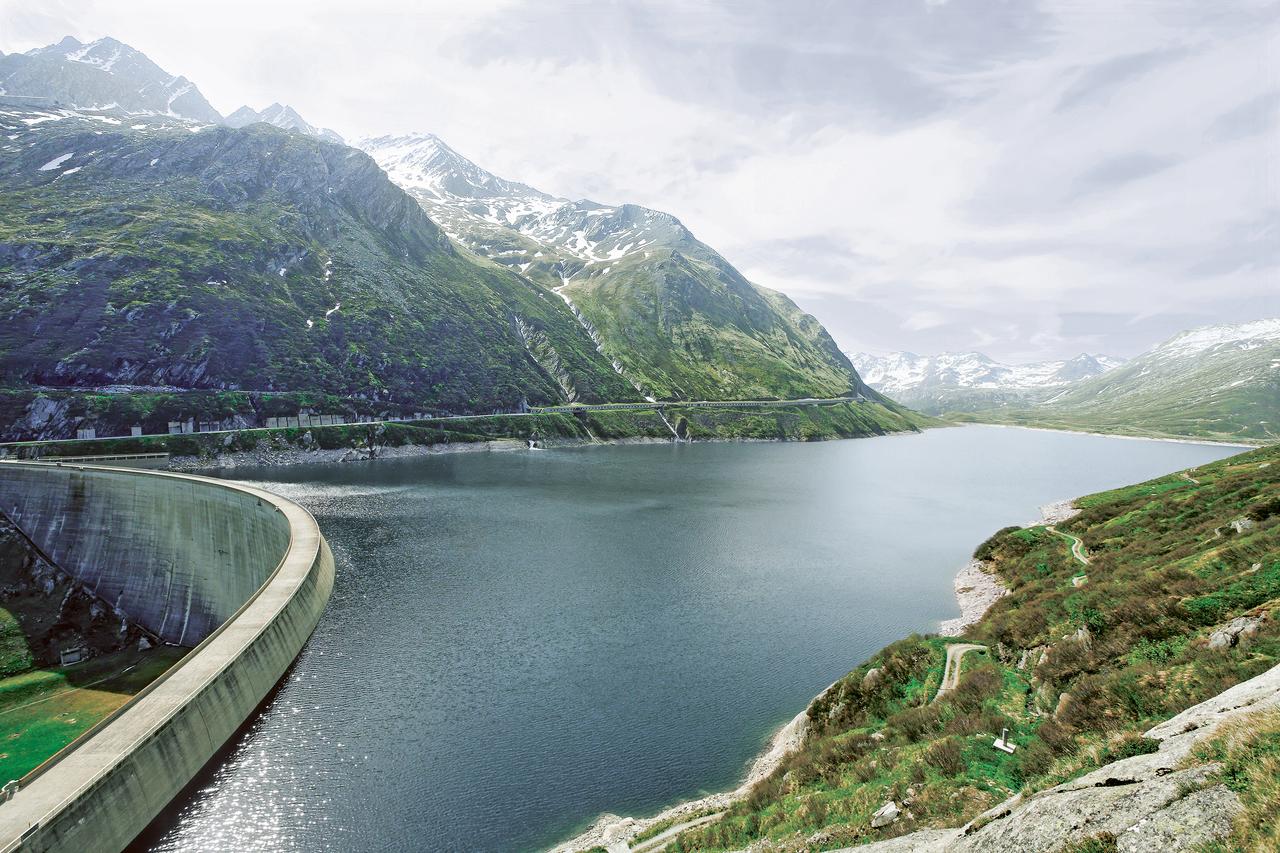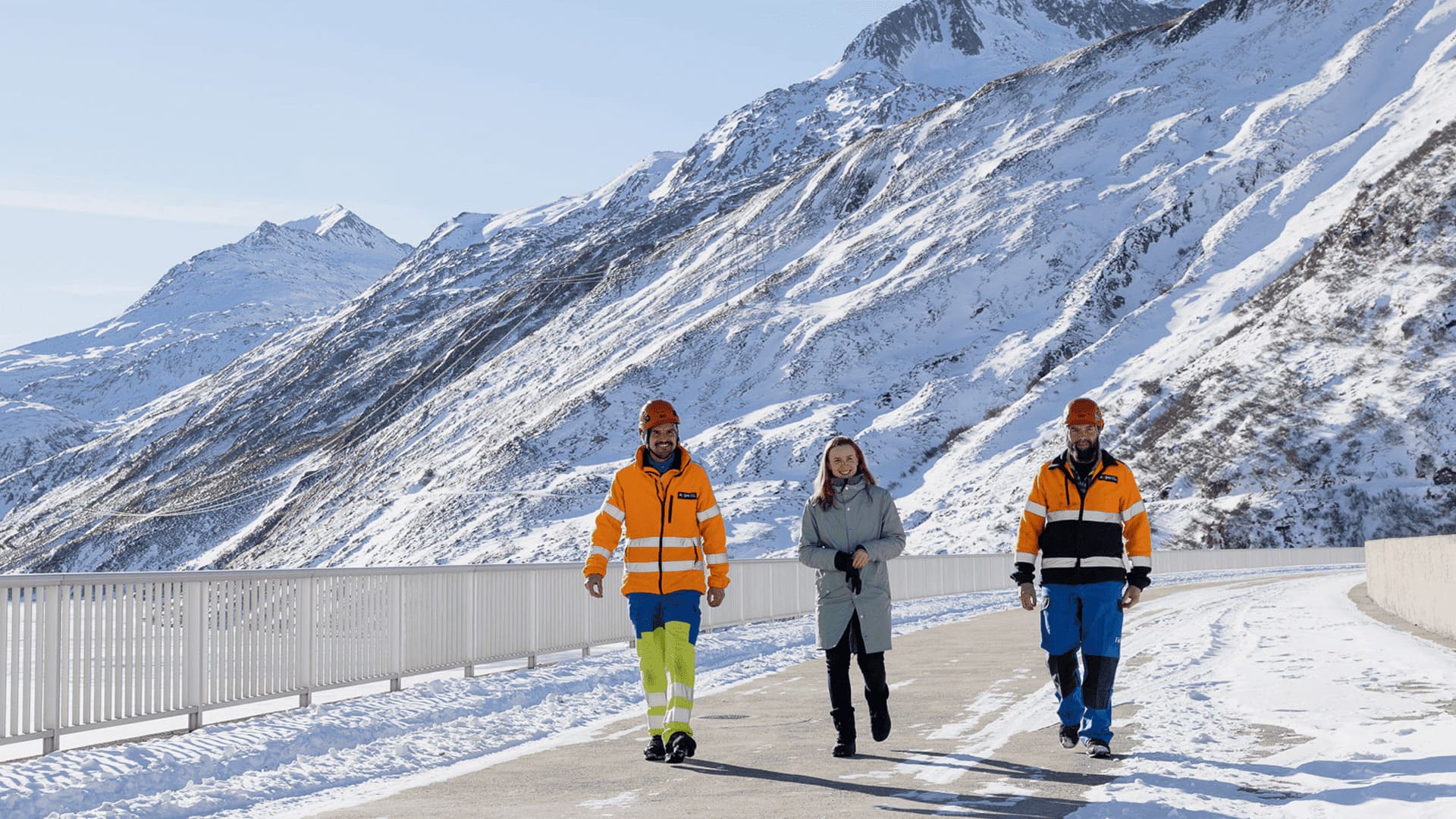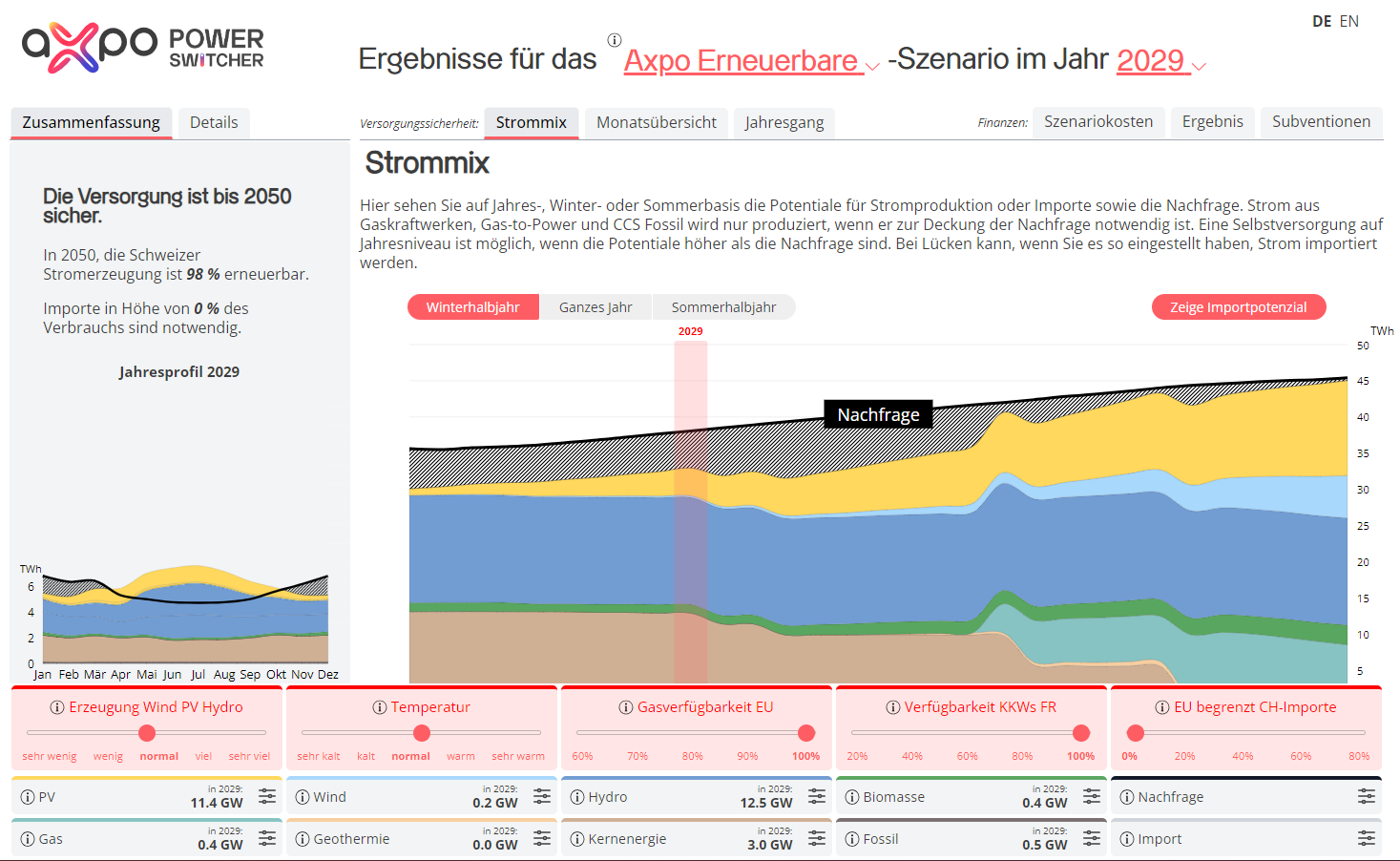25.05.2022 | The Federal Council's proposal goes in the right direction, but not far enough
Permits: more resolve needed to speed up processes
Tedious and resource-intensive processes are a big challenge for investors and delay the energy transition. The government wants to provide a solution, but is not going far enough. Here is Axpo’s critical assessment of the consultation draft.
In 2006, Kraftwerke Zevreila AG started planning a concession project for the diversion of water from the municipality of Lugnez in northern Switzerland, submitting their application to the relevant authorities in 2012. After various legal processes were concluded, the last of them before the Federal Supreme Court, the structural planning process finally began in 2021. Sixteen years have passed since the first project decision was made.
In the case of the Lindenberg wind farm, not far from Lucerne, the first wind measurements were made in 2010, two years after the project idea was launched. The municipal approval process has been under way since 2018 and the Federal Commission for Monument Preservation has been reviewing the project since March 2021. Following a town vote, the plant could, at the earliest, begin producing CO2-free power by the year 2026 – after 18 years of planning.
In 2008, CKW submitted a renewal application for the concession to use the Meienreuss river in central Switzerland’s Meiental valley. In 2018, organisations entitled to appeal lodged an objection to the application. When the planned power plant will be developed remains to be seen.
The Waldemme hydropower plant project in the canton of Lucerne fared slightly better. CKW was able to celebrate the ground-breaking in March 2022 – 17 years after the project was announced in 2005. The plant will produce power from 2023, albeit at a capacity two-thirds less than originally planned. The facility was scaled down in cooperation with environmental organisations.
Unfortunately, these four examples are not isolated cases. They illustrate the tedious, resource-intensive planning and approval processes that are widespread throughout Switzerland. While a wind farm in France can be approved in about five years, it can often take decades in this country. Of course we respect that all interests must be considered and assessed equally. However, the current situation poses a significant challenge to investors and will only delay the energy transition.
Federal Council focus solely on large-scale wind and hydropower
The Federal Council has recognised this problem and its proposal is a step in the right direction. However, it does not go far enough and in parts could actually have the very opposite effect. According to the Federal Council, only the processes for larger hydropower and wind power plants will be accelerated. Excluded are smaller plants, distribution grids and other renewable energy installations, even though the potential for large-scale photovoltaic plants in Switzerland is very high.
It is also to be regretted that the Federal Council was unable to reach a political commitment which would consider on an equal basis the interests of energy production and distribution and those of natural and environmental protection. We believe this is a crucially important key prerequisite for speedier approval processes.
New cluster risk for project developers
Ultimately, the proposed concentrated planning approval process creates a risk of clustering applications and generating even more legal and investment uncertainty. As tedious as processes are today, they at least offer the ‘advantage’ of spreading the distribution of risks. Under the new proposal, the risk that a project might not be approved or even fail due to the imposition of additional conditions and requirements is concentrated at the end of the process.
Conclusion: Axpo supports the Federal Council's goals. However, the current draft should be fundamentally revised in cooperation with the industry and communities. Our statement on the Amendment of the Energy Act (in German only) provides further details of our concerns and presents Axpo’s own proposal for how we can finally move forward. For as matters stand, the energy transition will not be achieved with the government’s proposal.




.jpg)





